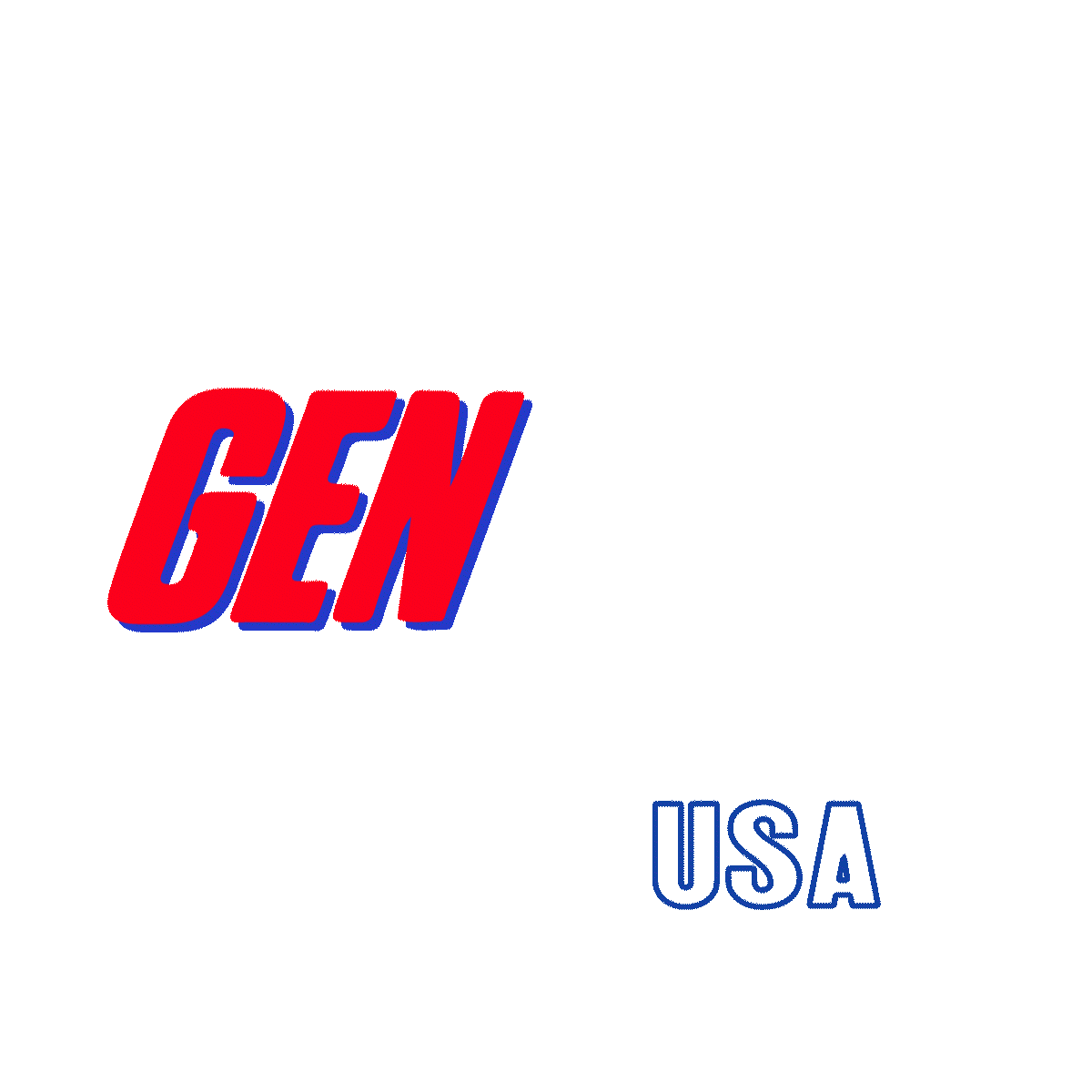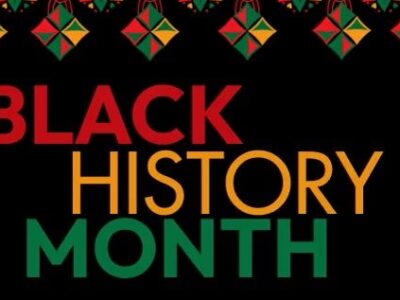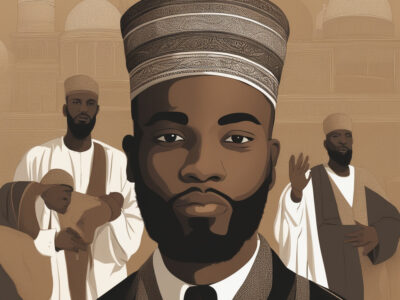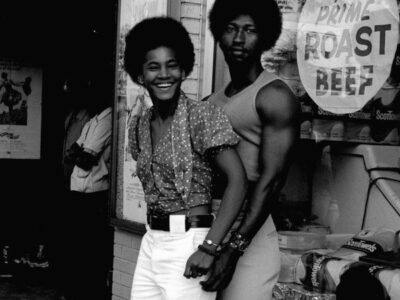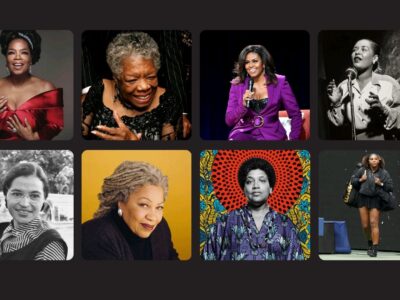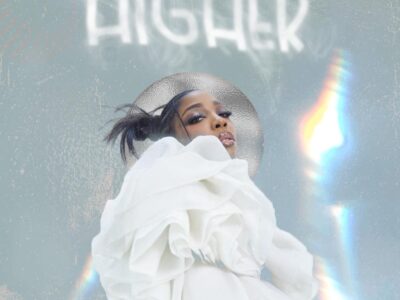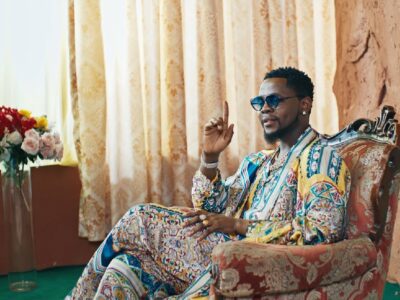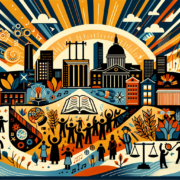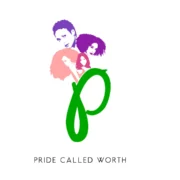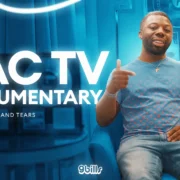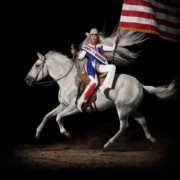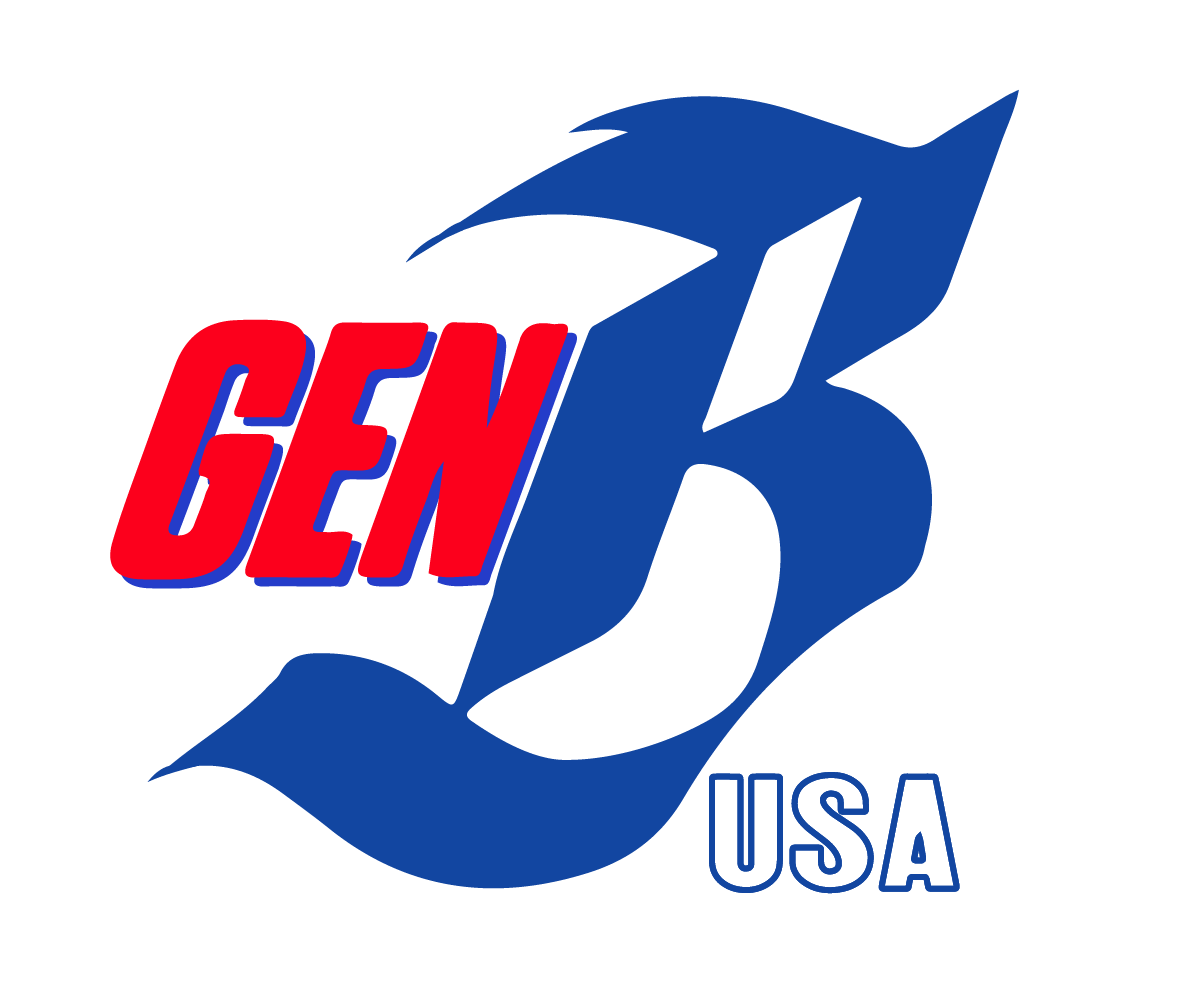Generation Black TV - Live
--- Main Blog Content Below ---
LGBT representation in hip hop has been there from the beginning, Even If the community itself isn’t accepting.
On the other hand, many artists are trying to break barriers in the space.
Some hip-hop and R&B artists have assisted with raising the visibility of the LGBTQ+ community’s presence in hip-hop music. One such example is Frank Ocean, with his open letter, “A gay man is making the most anticipated album of the year.”
Hip hop was long viewed as the least LGBT-friendly music genre, though many forms of mainstream music also displayed some kind of alienation in their own ways.
Casual homophobia is common in many artists’ lyrics, but more so in mainstream rappers like Eminem.
Part of the negative representation of the LGBT community in hip-hop could be caused due to the relationships between hip-hop, misogyny, masculinity, and homophobia.
The objectification and degradation of women, and glorification of fragile masculinity are a big part of hip hop.
Many Eminem songs have been considered homophobic due to his widespread usage of anti-gay slurs, such as his song Criminal (2002) which has lines such as:
“My words are like a dagger with a jagged edge, That’ll stab you in the head, whether you’re a fag or les’, Or a homosex, hermaph or a trans-a-vest, Pants or dress, hate fags? The answer’s ‘yes'”
However, he has denied using the slur to refer to gay people in other interviews.
Kanye West was one of the first major hip hop artists to speak about anti-gay discrimination.
He stated in an interview with Sway Calloway on MTV News that hip hop does discriminate against LGBT people, and urged TV and his rapper friends to stop it right away.
He mentioned how hip hop seemed like it was a fight for people’s rights in the beginning, and about speaking your mind, breaking down barriers.
However, people ended up discriminating against gay people. To him, that’s one of the standards in hip-hop, to be like, you fag, you gay.
During the early 2010s, a movement of openly LGBTQ+ hip hop musicians began to rise due to the increased visibility of LGBTQ+ people. Some of these include Azealia Banks, who ironically, has also been accused of both homophobia, transphobia, and bullying the LGBT community.
Frank Ocean’s open letter explained unrequited feelings he had for another young man when he was 19 years old. When he came out, other rappers who have used homophobic slurs in their lyrics expressed support, such as Tyler, the Creator.
Heterosexual rappers began releasing LGBT-positive songs, including Macklemore, and Ryan lewis.
Some popular LGBT rappers include Lil Nas X in the present day and Cazwell in the 2000s. Lil Nas X was reticent to come out at first due to the struggles he’d face in an unwelcoming genre.
While historically unsupportive of the LGBTQ+ movement, attitudes in hip hop are changing more and more every day.
